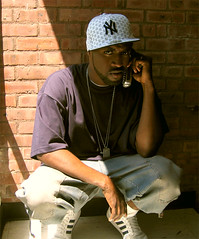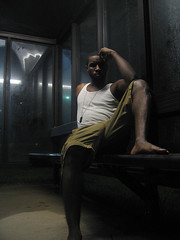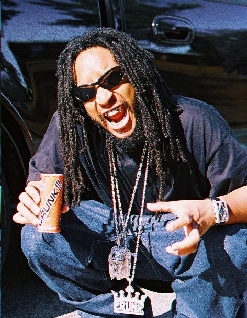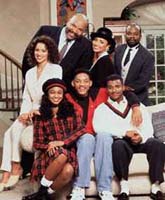It all began with an unassuming email sent out through the Black Men's Awareness Group listserv here at Princeton. One of the bruthas had received the following "poem" and thought he'd share it with the group on MLK day. What harm could it do?
Please Don't Tell Martin by Bitter B

Thank you Ms. Coretta for the grace, strength, and dignity that you displayed.
Since your wonderful husband was assassinated by the bullets of fear and hate.
You know they killed him because of their ignorance.
Thank you for not allowing bitterness and anger to engulf your very existence.
Now that you are reunited with Martin tell him that they are stripping our rights away, day by day, but his fight was not in vain.
Tell him that although my generation glorifies drugs, debases black women in song, and calls us vulgar names – that his dream still remains.
Our men no longer celebrate our natural black beauty – we have to have long weaves, small waists, and big ole booties.
The videos are so degrading, they mirror soft porn.
Us Blacks own television stations now, but that’s all that’s shown.
Tell Martin that my generation apologizes for its lack of respect for his legacy and the dormancy of our elders, we might as well call this the Civil Rights of Unmovement Era.
Tell him that although we as black people make more than we’ve ever seen, that we squander it on diamond clad teeth, 24 inch rims, and designer clothes due to our sagging self-esteem.
Tell Martin that our babies are growing up without fathers, while the mothers are catching buses just like he remembers.
Our children take to the streets in droves, not to march or proclaim the injustice of this nation, but to pledge their gang affiliation.
I can’t rhyme to this next line. On any night thugs hang out while bullets ring out - not freedom.
And yes we continue to be judged by the color of our skin by America but I wonder most about the lack of the content of our character.
Advise him that the grand-daughters of the Civil Rights era are making their money as strippers.
The Grand-sons of the marchers are ignoring their sons and daughters and hanging and slangin’ on corners.
They’re going to jail in mass numbers, not for protesting, marching, or defying racism, but because they commit illegal acts to gain materialism.
Our children are making babies, ignoring education, committing felonious capers, I’d wish they’d read his Birmingham Jail Papers.
Tell Martin that those in the ghetto are not the only ones forgetting his dream.
There are those who’ve forgotten where they came from because of a little cream.
Who refuse to give back to the community, because their motto is ‘More for me’.
They’ve forgotten how to lend a helping hand, to help their fellow man – all the while thinking, ‘If I can make it, they can’.
Looking down without offering a leg up, getting on elevators with their noses up.
Some of us are even republicans now, but that’s a very exclusive black crowd.
Striving to get to the top of the ladder, to make their pockets fatter – instead of doing something that truly matters.
Leaving the ‘hood’ in droves and only moving back when Whites buy up all of the homes.
Tell Martin that we still like to dance and sing, but not Negro spirituals cuz we’ve got Beyonce grinding and shaking her thing.
Ms. Coretta, this may hurt poor Martin the most – it just may seal the deal, we as a people don’t attend church anymore.
Cuz we’ve gotten a little education and found out that God wasn’t real.
For those of us who still believe, it makes us want to holla, we’ve got a pimp named Bishop and a Bishop named Dollar.
I don’t know Ms. Corretta, maybe you’d better not tell Martin that for all that he’s done to make us free, equal, and just – that we still migrate to the back of the bus. I’ll bet looking down – he doesn’t recognize us.
We’ve forgotten how to march, protest, and vote - but be at the club, standing in line for hours – in the freezing cold.
Sporting the latest gear; stilettos, hoochie clothes, teeth that’s froze, and Tims – driving cars with less tire more rim. Dying to get in so that we can ‘shake it fast’, drop it like it’s hot’ – forgetting the respect and dignity that we were taught.
I neva' thought I’d think this thought, but please don’t eva' give Martin your report.
Ms. Coretta, maybe you should just avoid mentioning my generation all togetha'.
Bitter B
Released: January 31st, 2006










